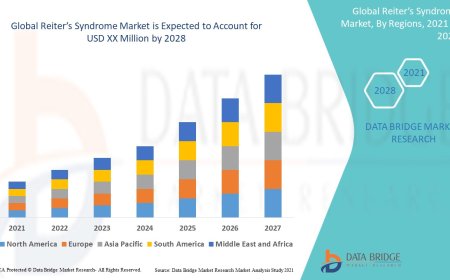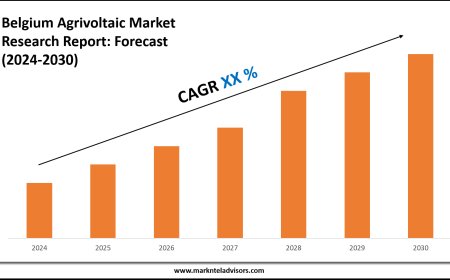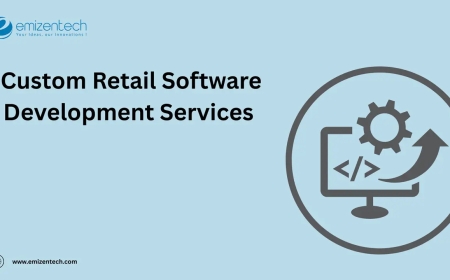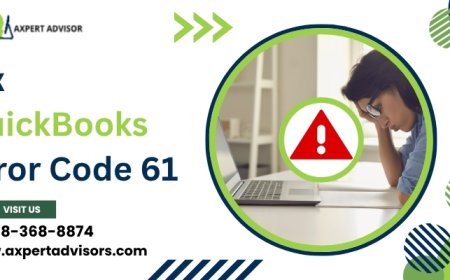7 Tips to Organize Keywords for SEO & Content Strategy
Struggling to turn keywords into clicks and conversions? You're not alone. Many businesses collect a long list of keywords—then get stuck figuring out what to do with them. The truth is, how you organise your keywords can make or break your SEO and content strategy.
If you're tired of publishing blog after blog with little to no traffic, its time to rethink your approach. Keyword organisation isn't just about stuffing terms into your contentit's about understanding user intent, aligning with business goals, and structuring your content to perform.
Lets dive into 7 actionable tips to organise your keywords the smart way and finally get your content strategy working for you.
Table of Contents
-
Categorise by Intent
-
Group by Funnel Stage
-
Map Keywords to Content Types
-
Use a Keyword Matrix
-
Leverage SEO Tools Strategically
-
Align Keywords with Paid Campaigns
-
Keep It Updated
1. Categorise by Intent
Start by dividing your keyword list into three buckets: informational, navigational, and transactional. Understanding why a person is searching helps you create content that answers their intent.
For example:
-
Informational: what is conversion rate optimisation
-
Transactional: best CRO agency near me
Creating tailored content for each intent type not only improves relevance but also boosts your visibility across different parts of the buyers journey.
Want to rank for high-intent terms that convert? Our CRO agency can help design content that turns visits into actions.
2. Group by Funnel Stage
Keywords arent just for SEOthey fuel your entire content marketing funnel.
Break them down like this:
-
Top of Funnel (TOFU): Broad questions or topics (e.g., how to improve SEO)
-
Middle of Funnel (MOFU): Comparison or solution-aware (e.g., best SEO agency for startups)
-
Bottom of Funnel (BOFU): Purchase-ready terms (e.g., affordable SEO agency in London)
This approach helps you create targeted content for every stagefrom awareness to decision-making.
Looking for expert guidance? Partner with a results-driven SEO agency that understands funnel-aligned keyword strategies.
3. Map Keywords to Content Types
Not all keywords are blog material. Some work better in landing pages, product descriptions, or FAQs.
Heres a general guide:
-
Blogs: How-to, tips, and educational keywords
-
Landing Pages: Service-based, location-based, and product-specific terms
-
FAQs: Quick, answerable questions and featured snippet opportunities
If you're running an online store, this is especially critical. Our e-commerce PPC management service combines content and paid strategy to maximise your product visibility.
4. Use a Keyword Matrix
A keyword matrix is a simple but powerful spreadsheet where you map:
-
Primary keyword
-
Search intent
-
Content type
-
Current ranking (if applicable)
-
Target URL
This ensures theres no overlap or cannibalisation. Plus, it gives you a birds eye view of your content plan.
Its a strategy often used by experienced professionals at a leading digital marketing agency to scale organic growth across pages without duplication.
5. Leverage SEO Tools Strategically
Tools like Ahrefs, Semrush, and Google Keyword Planner can help refine your keyword clusters.
Dont just look at volumecheck keyword difficulty, SERP features, and related queries. Tools are great, but human judgment is better. Blend the two for best results.
A trusted Google Ads Specialist often uses the same keyword research to power both paid and organic campaigns for consistent messaging.
6. Align Keywords with Paid Campaigns
Your SEO and PPC efforts should never operate in silos.
Use high-converting keywords from your Google Ads campaigns to create SEO content that ranks organically. Similarly, use SEO data to identify long-tail PPC opportunities.
At our PPC agency, we unify both strategies to improve ad quality scores and organic CTR.
7. Keep It Updated
The digital space moves fastso should your keyword strategy.
Review your keyword lists quarterly. Retire irrelevant terms, add new ones based on trends or business priorities, and audit your content accordingly.
Working with a white label marketing agency can help you scale this process across multiple clients or campaigns without the manual headache.
Final Thoughts
Keyword research is just the beginning. Organising keywords strategically transforms your SEO and content from scattered to strategic. Whether you're doing this in-house or with a professional partner, the difference lies in execution.
If you're looking to elevate your content strategy and dominate the SERPs, consider collaborating with a full-service digital marketing agency that knows how to drive real results.
Author: Ishant Sharma
Ishant Sharma is a Google Ads Specialist, Meta Ads Expert, Bing Ads Consultant, and seasoned SEO strategist. With over 10 years of experience helping businesses scale their digital marketing performance, hes worked with global brands and fast-growing startups alike.







































